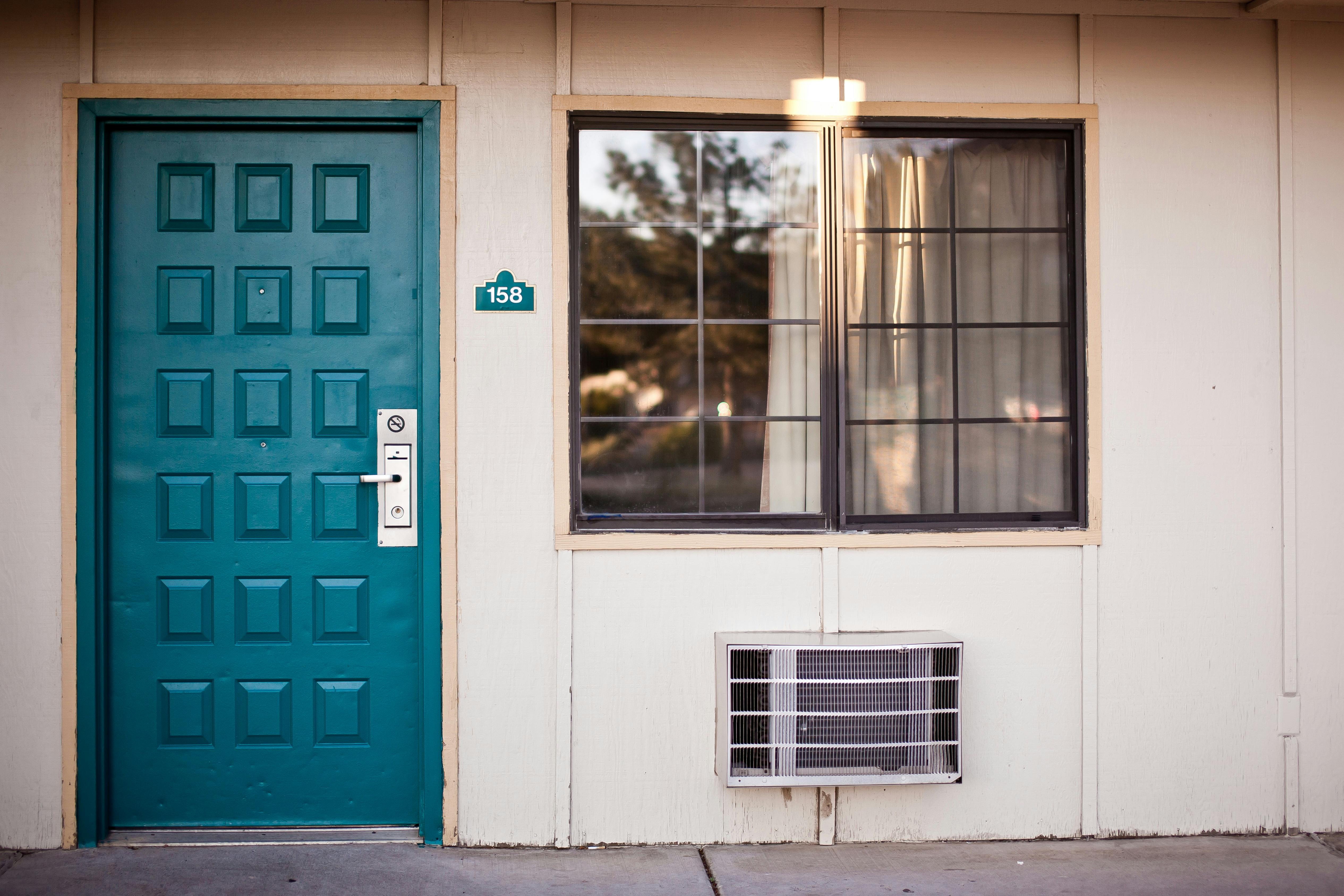
Do the hospitals in your community practice racial discrimination? It’s not a crazy question
In 2013, in one of the most progressive counties in the state of Florida, it is an “open secret” that racial and religious discrimination is practiced in many, if not most, area hospitals. It seems hard to believe, but when black or other minority hospital staff report discrimination to management, they discover that there is a silent, no-publicity policy that allows for racial and religious discrimination. The policy can be found in what officials call a “hospital-wide directive.”
“How can this be?”, You ask. Imagine a sign on a bassinet in the delivery room that says, “There are no African-American nurses to care for the baby, as requested by Daddy.”
Paradoxically, this discrimination is justified as part of the “rights of the patient”.
A front-page story on hospital discrimination designed to protect patients’ rights cited administrators who defended the policy as necessary “to properly care for patients.” A black nurse, removed from the care of a patient, asked, “What about my rights?” The answer is that their rights were subordinated by the hospital administration to accompany the fanatics who demanded that no black participate in their care or treatment.
I found this amazing. In Mississippi or Alabama, you might believe it. Maybe Georgia, South Carolina, or Texas, sure, this could happen. But Florida? Pinellas County? How awful!
It reminds me of a comment by the late Christopher Hitchens on Hitch-22: A Memoir: “The only thing the racist can never handle is something akin to discrimination: it is indiscriminate by definition.”
How come some hospitals in Florida have unwritten policies that protect the rights of fans to engage in racial discrimination or for reasons associated with religious beliefs? I’m not making it up; You can read the history of those “rights” in an article by Weston Phippen. The article is titled “Hospitals Balance a Patient Demand with a Fair Workplace” in the Tampa Bay Times on November 10, 2013.
A black nurse who was unwilling to subordinate her rights to those of an intolerant white patient filed a lawsuit alleging discrimination in Tampa District Court. Ms. Syrenthia Dysart claimed that at Palms of Pasadena Hospital in St. Petersburg, an “open secrecy” directive violated her right to a workplace free from discrimination. The case is pending. In Michigan, a similar case was settled out of court, after hospital officials apologized, pledged to end the practice and paid the nurse $ 200,000.
While patients have rights, such as refusing medical care, obtaining informed consent, and refusing care for any reason, the hospital and the staff who work there also have rights. A law professor quoted in the Times story said that if a patient imposes an undue burden on the hospital, the facility can warn the patient that it cannot accommodate a discriminatory request. You can then arrange to transfer the patient to another facility, if the patient can be transferred.
In a national survey of 127 physicians conducted by the University of Chicago, 20 percent reported finding “claims related to the race or religion of patients. Some studies found that adapting to racial prejudice may be beneficial for intolerant patients “. A 2003 study cited in The Times The Story “showed that when a patient and a doctor are of the same race, on average visits last more than two minutes and the patient is more satisfied with the care.”
I say “pity”, it is better to have shorter visits and less patient satisfaction than to adapt to racial, religious or other prejudices. Perhaps better patient outcomes would also accompany greater tolerance if intolerant patients were taught about the rights of all people. Perhaps the hospital Bill of Rights that is given to all patients upon admission should incorporate this observation from Jarod Kintz: “I accept all people, even those I consider unacceptable.” Inform all patients that they are expected to do the same.
Good wishes and stay well.